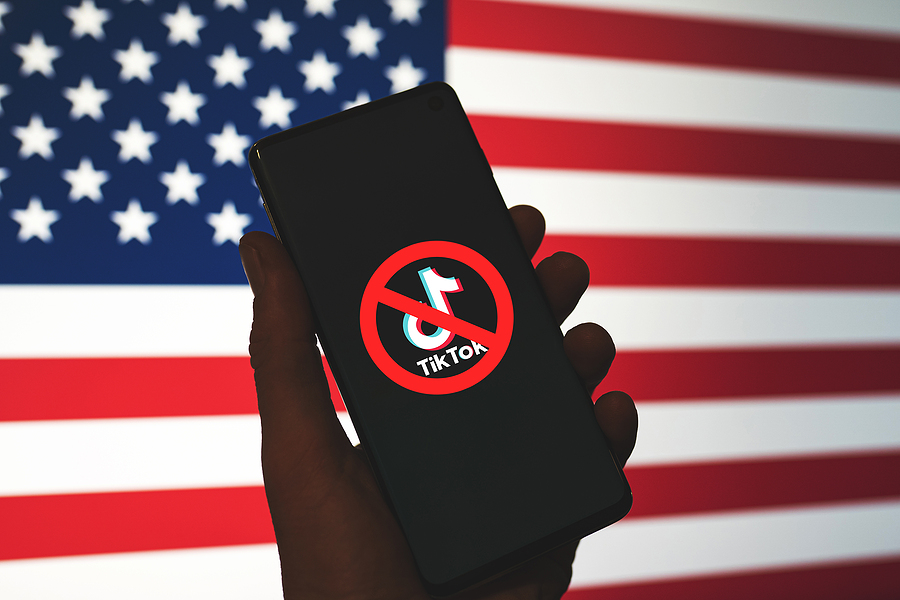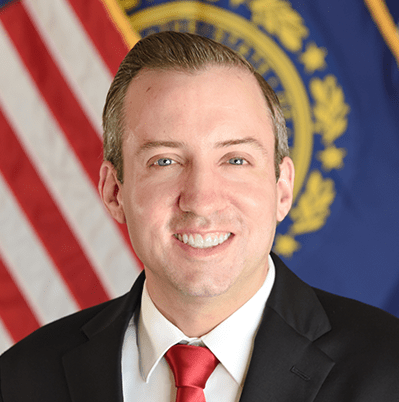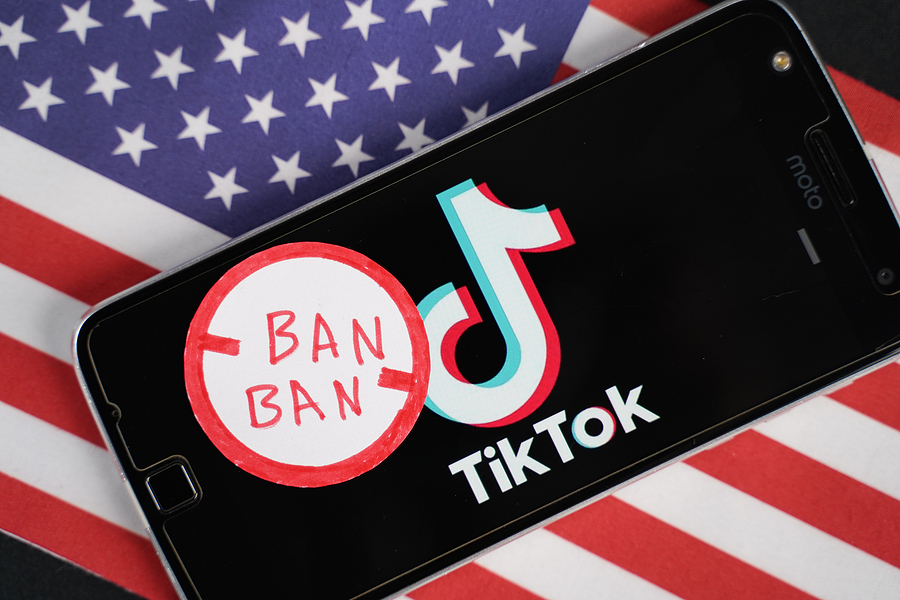Pennichuck Says Chinese Billionaire Just Buying Water, But Concerns Remain

Fears that Chinese billionaire Zhong Shanshan planned to buy his way into controlling Nashua’s water supply are giving way to tentative relief, with officials keeping a wary eye on a deal.
The good news, says Pennichuck Water, is that the potential deal with Zhong’s Nongfu Spring could ultimately lower residential water bills.
But state and local officials are less than thrilled that the international customer is based in China, which has an adversarial relationship with the U.S., and where companies are under the thumb of the Communist regime.
In February, Nongfu Spring secretly bought a $67 million industrial property in Nashua close to the Pennichuck Pond watershed, sparking concern about the future of Pennichuck Water, the utility owned by the City of Nashua. But C. George Bower, chairman of Pennichuck’s board of directors, told NHJournal there is no plan to sell Zhong anything but water.
“There is zero plan to sell the company, there is zero plan to sell any land. We have no land to sell,” Bower said.
Zhong’s close ties to the authoritarian Chinese Communist government, his company’s less-than-stellar environmental record, and the secrecy surrounding the Nashua plant generated alarm throughout the state. The company declined to respond to questions from NH Journal about the unusual property purchase or its plans in Nashua.
Gov. Kelly Ayotte told NHJournal that she would be watching the deal to make sure Nongfu remains a Pennichuck customer and not a Pennichuck owner.
“It’s critical that we safeguard New Hampshire from foreign adversaries like China. We need to ensure we aren’t allowing any national security threat to take root in our state,” Ayotte said.
According to Forbes, Zhong is worth $58 billion, making him the wealthiest man in China. In addition to owning Nongfu Spring, China’s biggest maker of bottled water, he also controls Wantai Biological, which makes rapid diagnostic tests for infectious diseases, including COVID-19.
Nongfu and Pennichuck are in the preliminary stages of deal negotiations, Bower said, but just for water. Zhong wants up to two million gallons a day for his planned beverage plant at his new 80 Northwest Blvd. property. That’s good news for Pennichuck, its owners, and its customers, Bower said.
Pennichuck has the capacity to produce up to 35 million gallons per day, Bower said, more than enough to accommodate Nongfu’s planned operations. Any costs associated with hooking Nongfu up to Pennichuck’s water system, like adding new water lines, would be borne by the company.
A large-scale, industrial customer like Nongfu would lock into a contract that guarantees a set amount of water per month for the customer. Bower said such deals also require the customer to pay for all the water, whether they use it or not, giving Pennichuck a consistent, new revenue source.
It gets better for Pennichuck. As part of its conservation efforts, Pennichuck charges commercial and industrial customers on a rising scale, meaning the more water they buy, the higher the rate goes. Adding Nongfu as a customer could help drive down costs for Pennichuck and everyone in the Pennichuck system.
“We have fixed costs and variable costs, and a contract like this brings in an ongoing revenue stream that could help us control rates,” Bower said.
That means Pennichuck’s thousands of residential water customers throughout southern New Hampshire could end up paying less for their drinking water, Bower said.
Adding Nongfu to the system is the same as adding any other commercial or industrial customer, Bower insisted. Pennichuck already supplies water for the Anheuser-Busch brewery in Merrimack, which Belgian beverage conglomerate InBev owns.
Granite Staters concerned by a Chinese billionaire buying a large facility near Nashua’s water supply say the issue isn’t xenophobia. Many international businesses are active in New Hampshire. Instead, it’s the specific threat posed by China.
“Water is one of our most vital resources – to have a business, backed by the CCP, accessing water in our backyard is alarming,” said former state Rep. Randy Whitehead. “City officials and the Pennichuck Corporation need to come clean and provide some answers about this deal.”
Sen. Regina Birdsell (R-Hampstead) has proposed legislation to stop Chinese companies from owning land near sensitive military sites in the state.
“Whether it’s flying spy balloons across our country or scooping up critical plots of U.S. real estate, China has stepped up its efforts to spy on our country,” Birdsell said when she proposed the legislation. “Other hostile nations, such as Russia, Iran, Syria, and North Korea, could try the same surveillance tactics unless we do something to stop them. Totalitarian nations do not see any difference between one of their citizens’ companies and the government itself.”
The prospect that Pennichuck could be bought by a foreign individual or entity is alarming, and the reason that the City of Nashua now owns the utility.
“When the city bought Pennichuck, it really did to secure the water supply,” Bower said.
Nashua waged a decade-long battle to buy Pennichuck, closing the $200 million deal in 2012. The city took action after watching the old owners of Pennichuck risk the future security of the region’s water supply. The former owners sold off wetlands to commercial developers and were even considering a purchase offer from a French company when Nashua stepped in. Today, Pennichuck continues to operate as a for-profit utility corporation, but it reports to a single shareholder, the City of Nashua.








